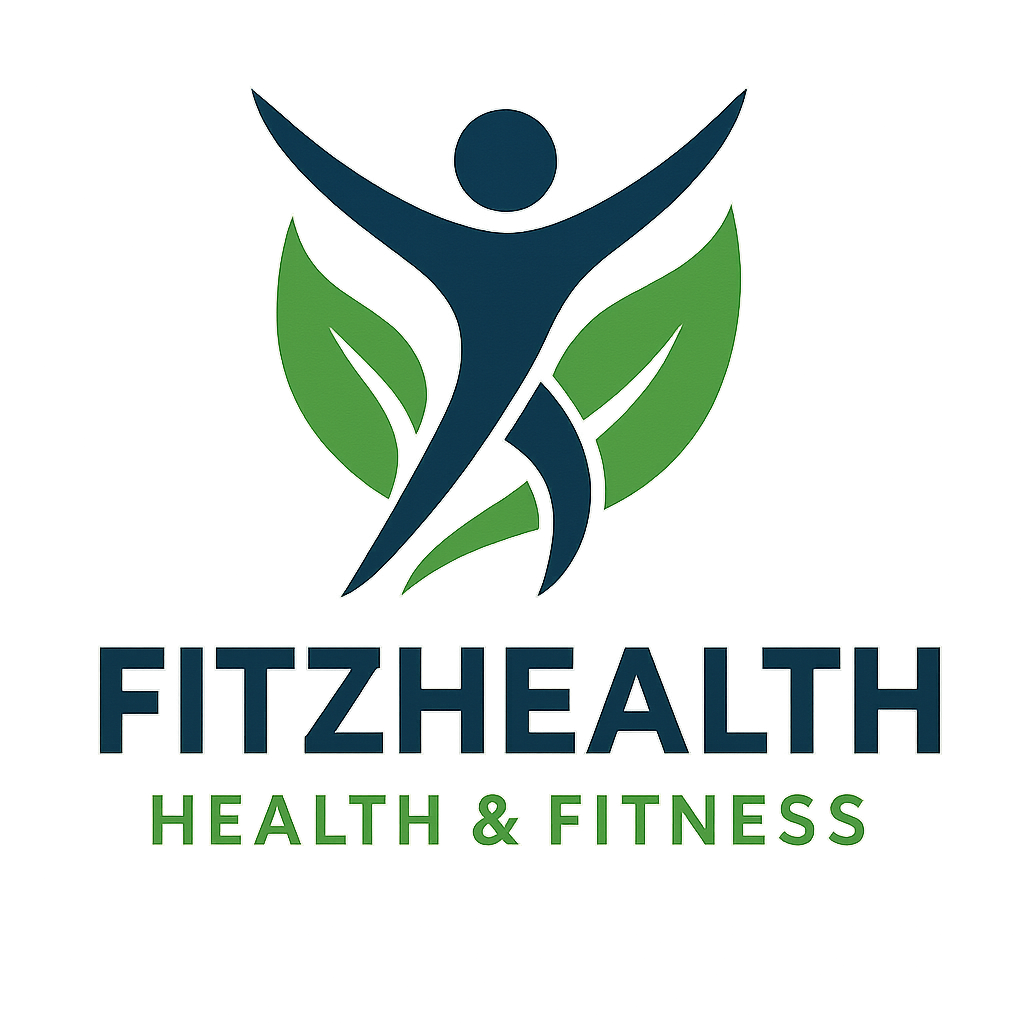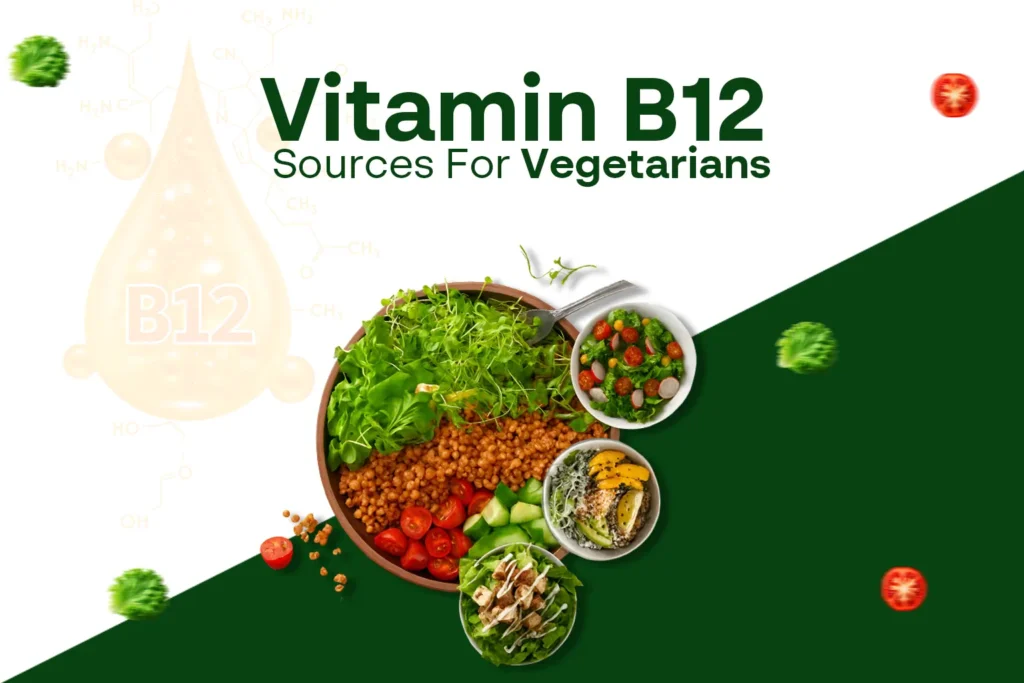“Let food be thy medicine and medicine be thy food.” — Hippocrates
Yes, this line is absolutely true for those who are vegetarians and also feel that they are deficient in Vitamin B12, a vitamin which our body cannot produce on its own. They experience sleeplessness, lethargy, fatigue and numbness in the body throughout the day. This is a vitamin which is not produced by plants. Vitamin B12 also known as Cobalamin, is a very useful component for the proper functioning of our body’s nervous system, production of red blood cells, DNA synthesis and also for maintaining energy levels. According to a survey, about 47% of the people in North India are suffering from vitamin B12 deficiency, due to their being vegetarian.
What is Vitamin B12?
Vitamin B12 or cobalamin is a water-soluble vitamin that keeps our nervous system healthy, helps in the formation of red blood cells and also plays an important role in energy production. This vitamin is naturally found in animal products but what about those who are pure vegetarians, do they not have any such source which can keep them vegetarian and also fulfill the deficiency of Vitamin B12 in them.
Why Does Vitamin B12 Matters?
Since our body cannot make B12, it must be replenished through foods, supplements, or sometimes injections. Chronic vitamin B12 deficiency can seriously harm our body, affecting our nervous system and circulatory system. Why does vitamin B12 matter:
1. Helps in energy production:
If we are deficient in vitamin B12, we suffer from fatigue, lethargy, and lack of energy throughout the day. No matter how much sleep we get, the lethargy persists. Vitamin B12 converts the food we consume into a usable form of energy, called glucose. This is why vitamin B12 has a direct link to chronic fatigue and lethargy.
2. Prevent Anaemia:
Megaloblastic Anaemia – A condition in which a person’s body becomes pale, one feels dizzy and has difficulty breathing because due to deficiency of Vitamin B12, our body does not produce sufficient number of red blood cells and if they are formed then they are in irregular shape. Vitamin B12 helps in the production of healthy red blood cells in our body, which can prevent such problems.
3. Supports Brain & Nerve Health:
Vitamin B12 is a factor responsible for memory loss, balance problems, and mood swings. It also maintains the myelin sheath, a protective covering of our nerve system. It helps keep our brain tissue healthy and our brain functioning properly. Vitamin B12 increases the production of serotonin, a feel-good hormone that improves our mood.
4. DNA synthesis:
Vitamin B12 is essential for the formation of our body’s genetic material, our DNA. DNA is responsible for the formation of all the cells in our body. This is a very important vitamin for fetal brain development in pregnant women and also helps prevent birth defects in the baby. Vitamin B12 is essential for cell growth and DNA synthesis in young children and teenagers.
Vitamin B12 deficiency symptoms:
1. Mood swings, anxiety, or depression
2. Poor growth, developmental issues, or weakness in infants
3. Fatigue and lethargy despite not getting enough sleep
4. Mouth ulcers or swelling of the tongue
5. Paleness or jaundice
6. Pins-and-needles sensation or numbness in the hands and feet
7. Poor memory or lack of focus
8. Breathing problems or rapid heartbeat
How to overcome this deficiency:
We’ve discussed vitamin B12, its deficiency symptoms, and its importance. However, the big question is how to overcome Vitamin B12 deficiency and how to increase vitamin b12 levels quickly, especially in vegetarians. Let’s explore this: How to overcome this deficiency:
1. Include vitamin B12-rich foods in your daily diet. Milk, yogurt, soy milk, pulses, cheese, plant-based milk, and fermented foods like idli, dosa, and homemade pickles.
2. If you’re particularly troubled by this deficiency, simply changing your diet won’t help; you may need to take supplements like capsules, injections, or multivitamin tablets.
3. Avoid alcohol and caffeine.
4. Consume foods rich in folate, iron, and vitamin B6.
5. Keep your body hydrated and consume as many fiber-rich fruits and vegetables as possible.
6. Get regular checkups every 3 to 6 months after starting the recovery plan.
7 day plan for vegetarians:
| Breakfast | Lunch | Dinner |
| Paneer Bhurji or Soya Chunks | Brown Rice, Rajma Curry and Curd | Chapati, Palak Paneer and Mixed Salad with Lemon |
| Vegetable Oats with Milk | Pulao with Soya Chunks and Raita | Dal Tadka, Jeera Rice, Broccoli and Carrots |
| Poha and Peanut with Milk | Roti, Chole & Salad with Cucumber and Beetroot | Vegetable Pulao with Raita |
| Vegetable Upma With Soy Milk | Paneer Tikka, Multigrain Roti & Salad | Moong Dal Khichdi, Curd |
| Vegetable Paratha, Curd & Orange Juice | Brown Rice, Mixed Dal & Cabbage Sabji | Tofu or Chunks Stir Fry & Millet Roti |
| Besan Cila With Green Chutney and Milk | Chapati with Soya Chunks Curry and Salad | Panner Bhurji, Roti And Vegetable Soup |
| Idli, Sambhar, Chutney | Lemon Rice and Curd | Palak Paneer and Brown Rice |
Note: Dairy Products i.e. Paneer, Milk and Curd are reliable sources of B12. Roasted chana and a handful of almonds and peanuts can be used as snacks in the evening.
Conclusion:
Always be vigilant about B12 and make sure you are not on the borderline. If you are a vegetarian, then be especially careful. Because this deficiency can weaken you both physically and mentally. Your focus on your work may decrease, your memory may weaken, and many other things can happen. Whether you are a working professional, a farmer, or a student, B12 is an essential vitamin for everyone. So, from today onwards, follow the tips of FitzHealth and stay healthy.

